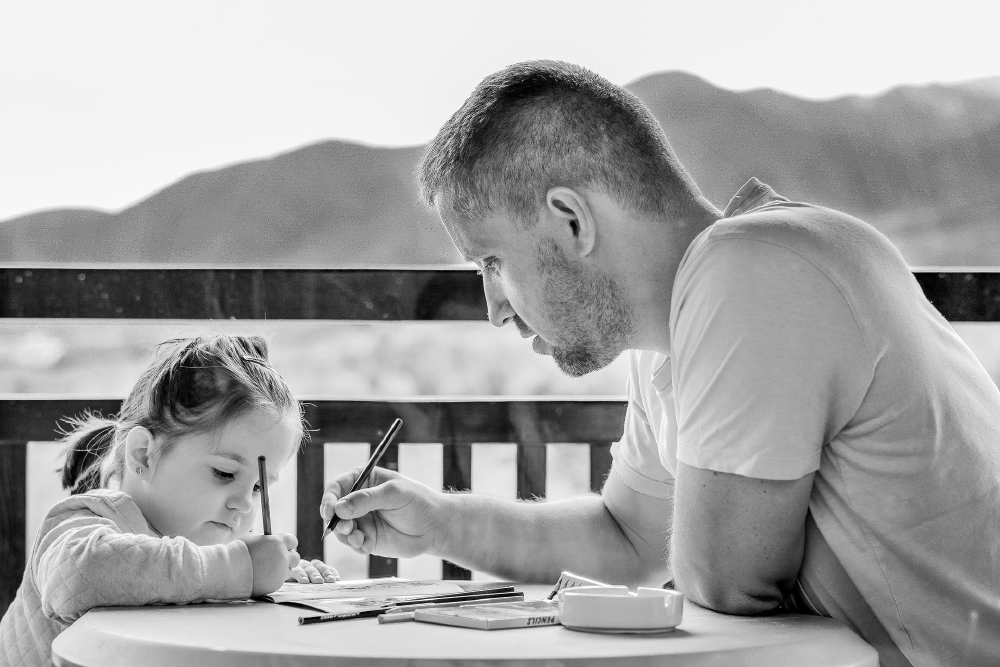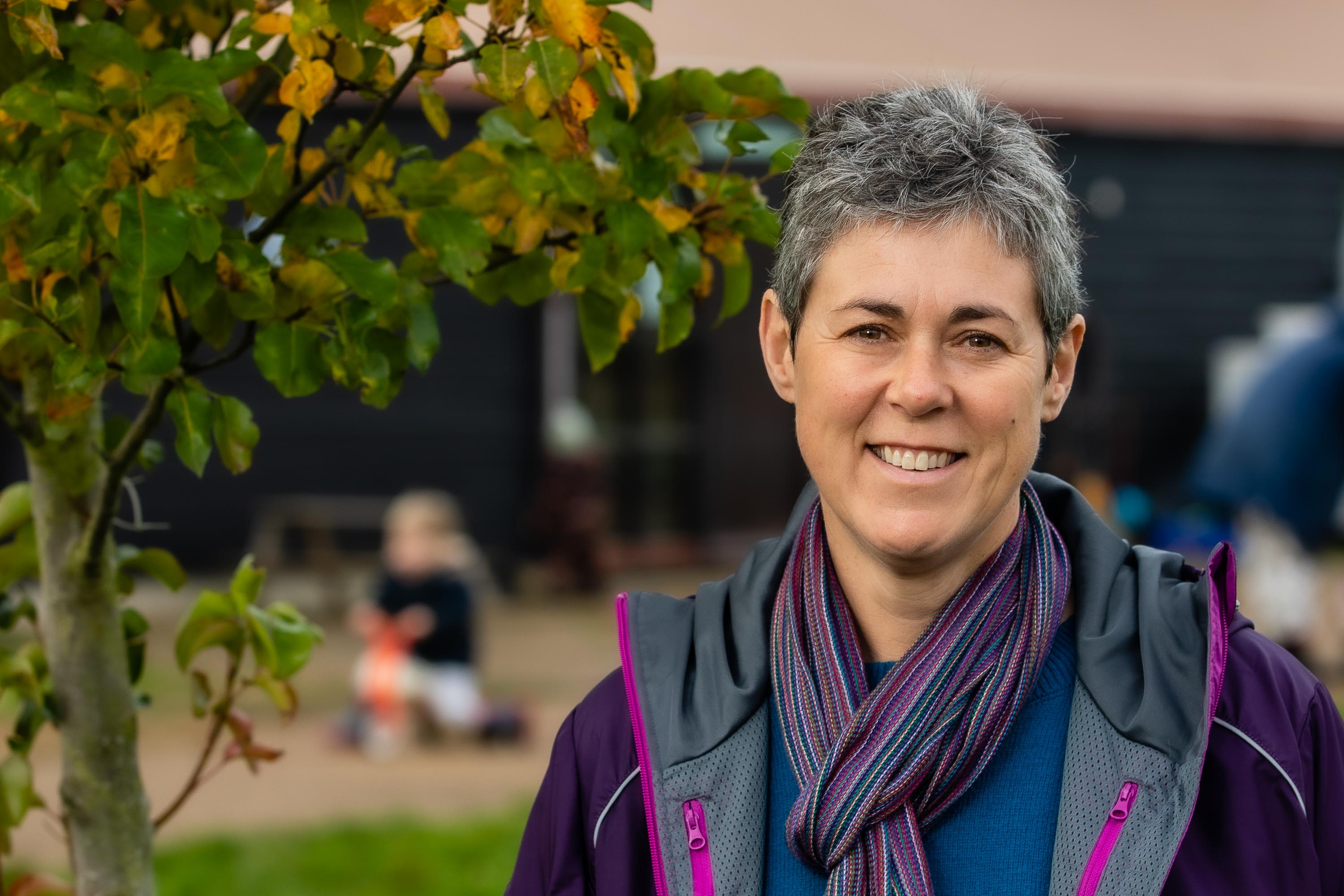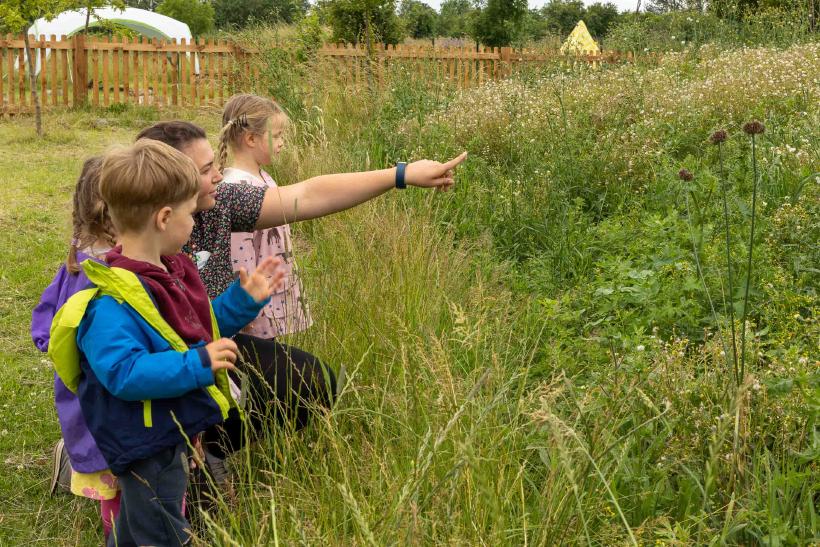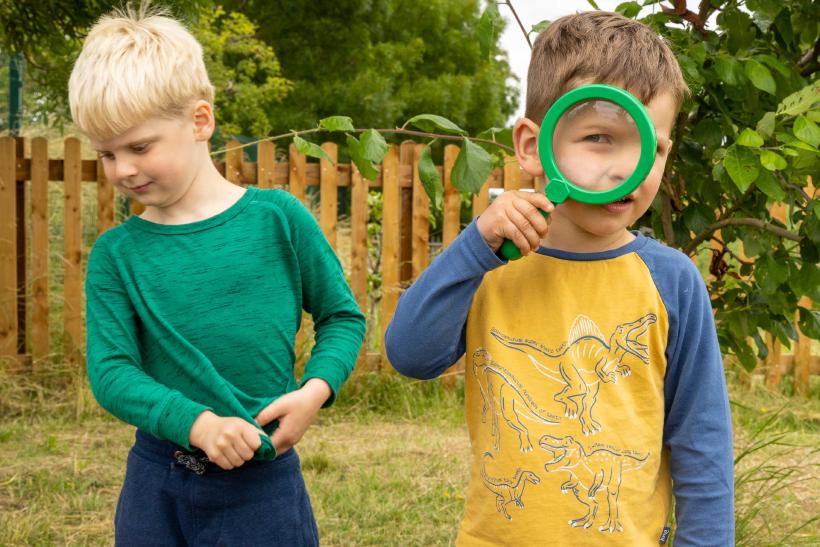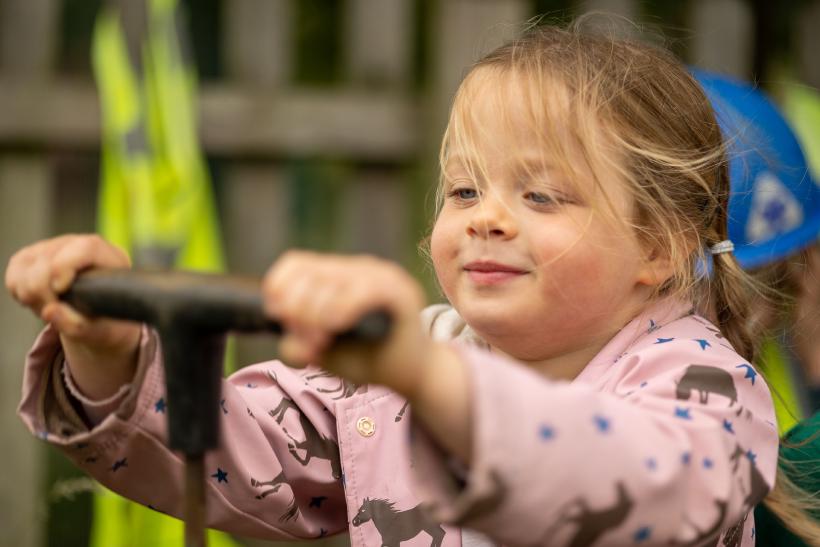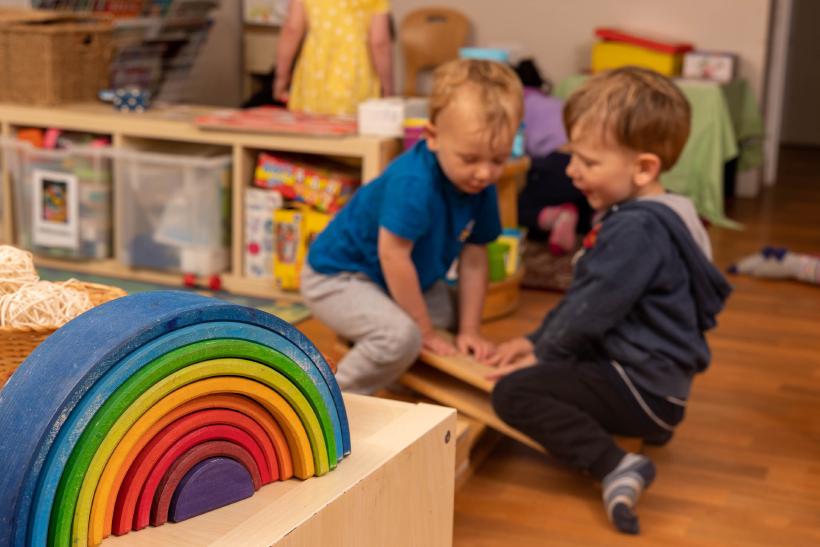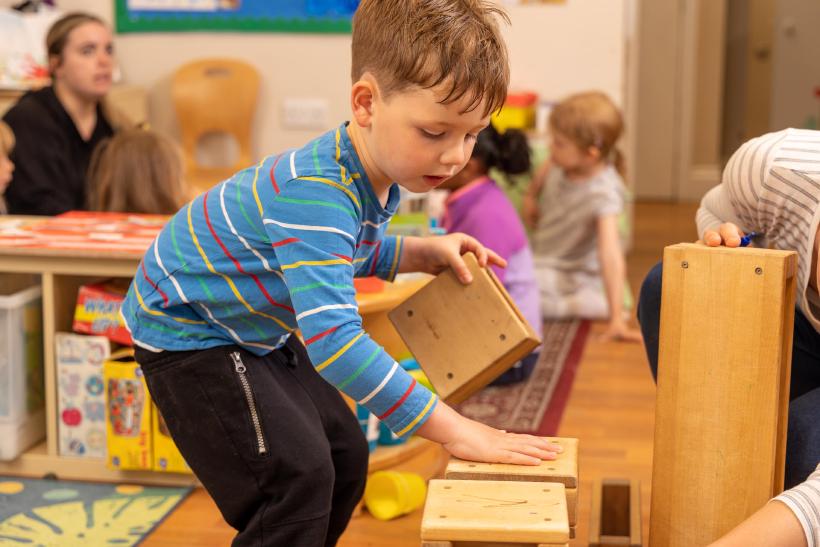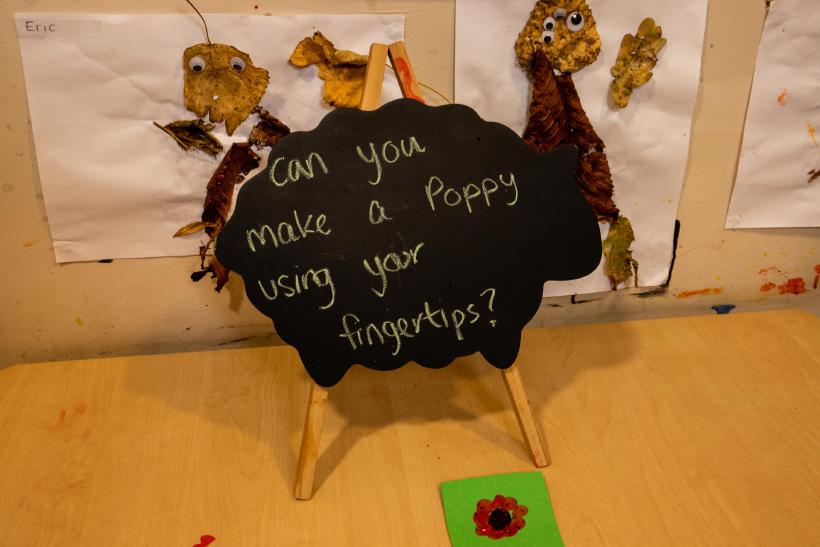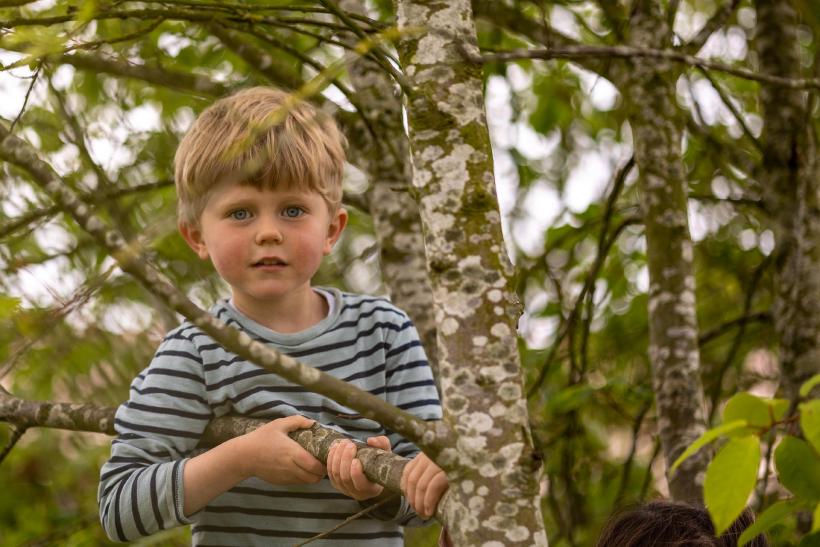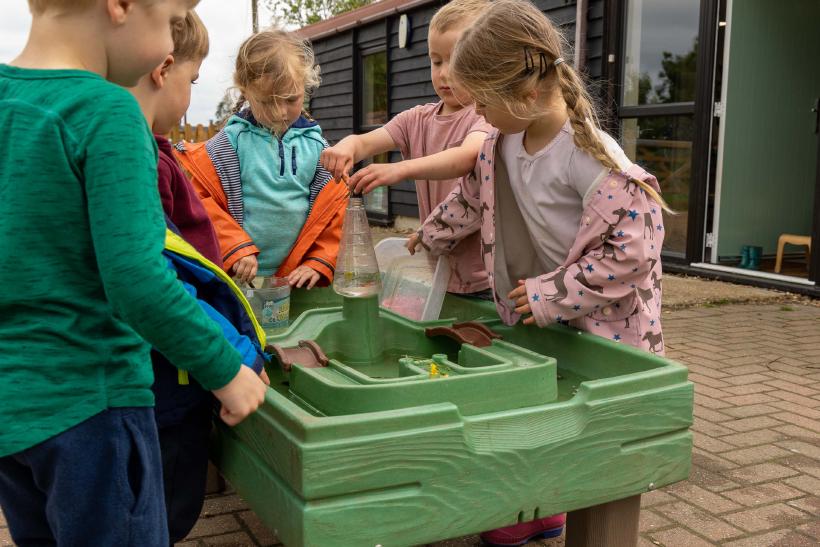Nowadays my social media feed features home-schooling as much as anything else. It features parents sharing great ideas, it features daily plans and people sharing resources. AND it features parents telling us how hard they are finding it, especially if they are trying to work at the same time.
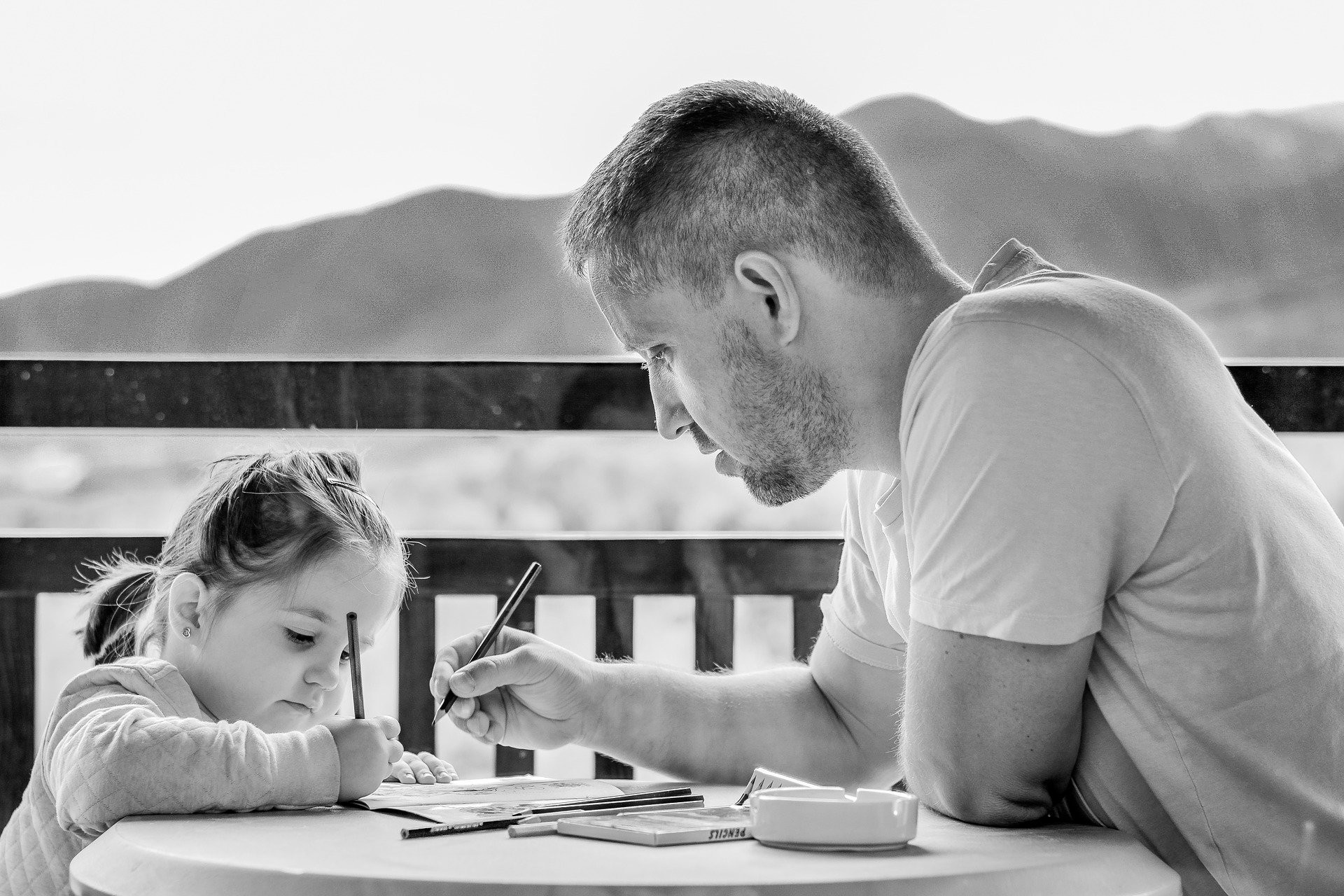
Social Media features parents telling us how hard they are finding it, especially if they are trying to work at the same time All of these posts seem to make people feel bad about themselves, either they can’t achieve the lofty realms of the ‘perfect’ home-school, the one where the children are always engaged, are learning prescribed topics and ideas and where all interactions are calm and harmonious. Or they feel that they and other parents who post about their reality are failing to achieve what they should be doing.
What to do?
Focus on the things that really matter.
Think about yourself at school and the skills that you need now. I learnt many things at school and still use some, such as percentages, in everyday life. However, the things that are really important included how to navigate public transport to get to school, how to negotiate with that scary teacher about forgetting my homework and how many lunches I had to forgo to be able to afford that new eye-shadow colour. The ones your children really need are the skills that you used and still use every day.
- How to get on with and work with others, vital for any job and every relationship.

-
Focus on the things that really matter. How to get on with and work with others
-
How to be resilient, every day has its ups and downs, dealing with those proportionately helps to maintain good mental health.
-
Knowing and doing what you need to do to take care of yourself, daily exercise, enough sleep, healthy food, assessing risk before undertaking a new behaviour.
-
Focus on the things that really matter. Take care of yourself
-
How to be inventive and creative, whether it’s what to do when your car breaks down or when you run out of toilet paper.
-
These are the things to teach and role model for your children, if they can do all of these, they will have the right attitudes to learning which means that as and when formal education starts again, they will thrive.
Until then…
- Read aloud to them everyday
- Let them amuse themselves, the older they are the longer they can do this
- Let them amuse themselves
Wait a while: Don’t step into every conflict, don’t answer every question, don’t show them how to do it right. Let them think for themselves, this takes time, these are new skills they are learning, like when you learned to ride a bike, it takes time. Give them that time.
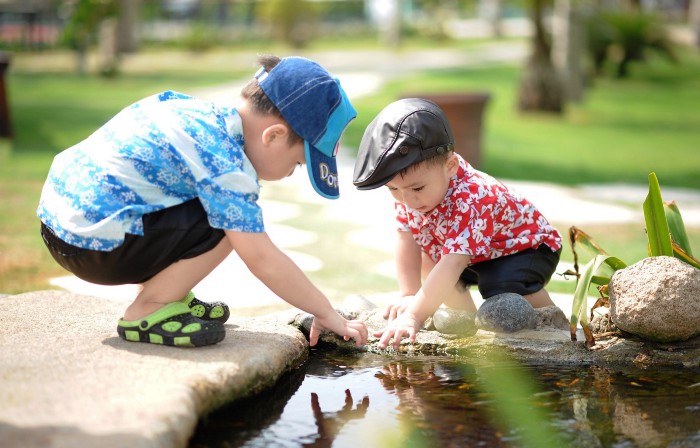
Wait a while: Don’t step into every conflict
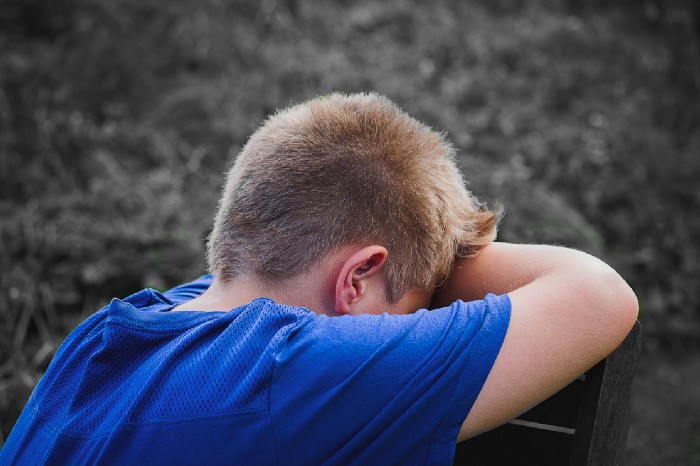
My own experience is of being outnumbered, I had 4 children in less than 5 years and worked at least 3 days a week. I couldn’t structure their days, some days it was all I could do to ensure they were fed and read to. I did believe passionately in the enabling and transformative power of education, but I wanted my children to be self-starters, to do it for their own satisfaction, not for my or anyone else’s approval.
They have all turned out very differently and are all very resilient, capable of handling big upheavals.
They are right all the time……what I mean is that they have their own strongly held beliefs and know what they think and what they should do. I may not always agree with them, but they have integrity and so far, have shown good judgement and balance, avoiding many issues from school’ ‘best friend’ pitfalls to teenage traumas and tantrums.
Feedback is always welcome!!!! Conclusions from Experiment 2.0
As the now adult result of my mother’s second attempt at a parenting ethos she terms ‘benign neglect’, I’ve been asked to share some insights into my experiences of a more hands-off upbringing.
A lack of structure in activities meant that my siblings and I had to get creative in order to entertain ourselves, and in doing so came up with far more entertaining and complex games (and possibly more extreme — tie up hide and seek anyone?) than we could be taught.
As well as creativity, possibly the most important skill I learnt from having three siblings (and one which continues to be key in spending time with a family) was conflict resolution, as I’m sure anyone with siblings will agree.
A certain lack of parental oversight in determining what is ‘fair’ and what isn’t lends itself well to developing your own set of morals and beliefs at a young age, something I’m sure my mum learnt when I suddenly became a strict vegetarian aged 5. I wasn’t pushed to continue any of the various musical instruments which I began with excitement, only to find I lacked the kind of focus and an interest in practising which would allow me to improve. Still, despite not being encouraged to progress past grade 1 on piano, I would argue the more abstract skills I have gained from such an approach serve me far better as an adult.
Did having the space to make and learn from such errors enable me to grow into an adult who makes fewer mistakes? Absolutely not. As many of my friends and family can vouch, I continue to make mistakes every day of my life, errors which I aspire to continue to make (I’ve just bought blue hair dye, sorry mum) as they reflect an invaluable willingness to take (calculated) risks. It’s not easy to evaluate your own upbringing, and I’m sure by many measures of success I’m far from excelling, but my upbringing has meant I’m comfortable enough in myself that I’m not too bothered about those.
and finally…
Here is the blog by a friend’s mum detailing her experiences of raising and educating 6 children in rural America. They are now all grown-ups and I think I can still learn a bit from Callie’s mum.
